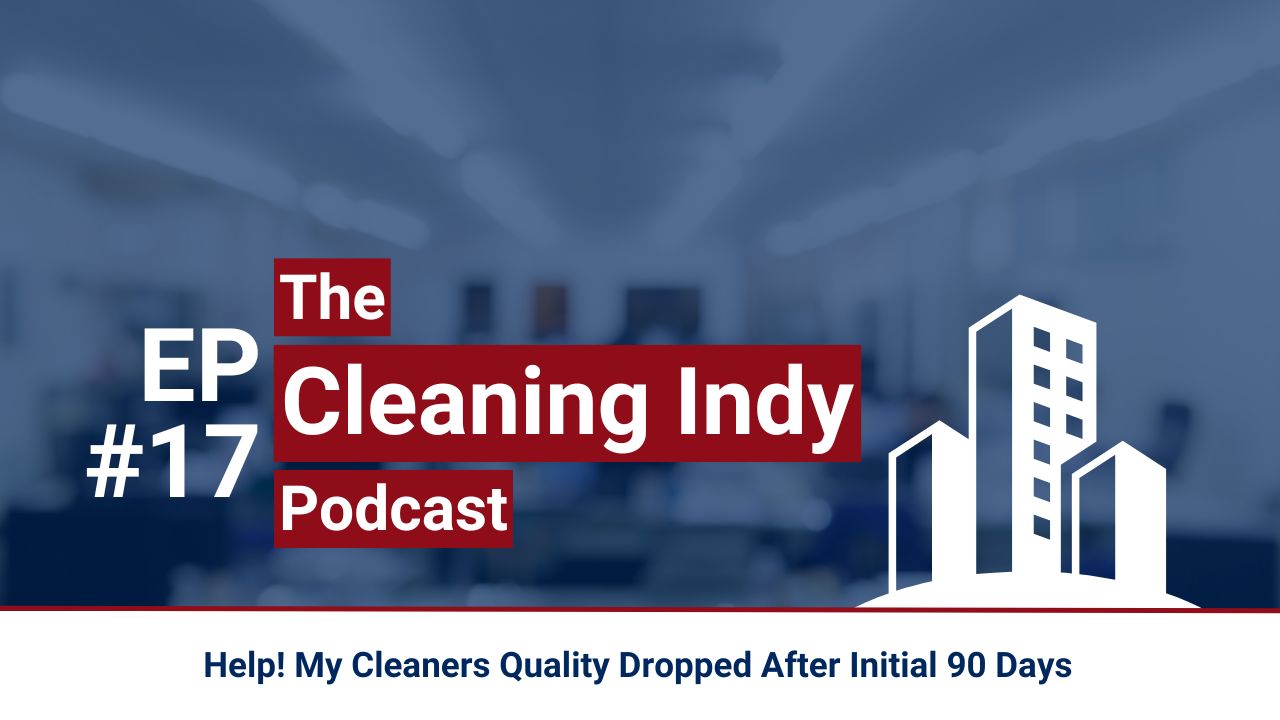In facility management, cleanliness is a cornerstone of safety, productivity, and satisfaction—especially in environments like daycares, offices, and medical facilities. Yet, one of the most significant frustrations managers face is when cleaning staff fail to show up for scheduled appointments. This issue not only disrupts operations but also adds undue stress to employees who may have to pick up the slack.
Let’s explore actionable steps to prevent such scenarios, ensure a smooth partnership with your cleaning contractor, and foster a relationship built on reliability and trust.
The Real-World Impact of No-Show Cleaning Staff
Consider this: A daycare in Indiana was forced to call in a new cleaning service because their existing contractor repeatedly skipped Friday appointments. This left daycare staff, already exhausted after a long week, scrambling to meet state-mandated cleaning requirements. Tasks like sanitizing restrooms and maintaining hygienic play areas were neglected, creating potential compliance risks and added burdens on an already stretched team.
This story isn’t unique. The fallout from unreliable cleaning services can range from minor inconveniences to major legal or health implications. For facility managers, the stakes are high.
How to Prevent No-Shows: Steps to Take During the Hiring Process
When hiring a cleaning contractor, the initial walkthrough or interview is your opportunity to assess their reliability. Here’s how to make the most of this critical step:
1. Ask the Right Questions
Use the walkthrough as an interview to gauge the contractor’s capability and management practices. Some key questions include:
- How many buildings do you service?
- What is your management structure?
- How often will a supervisor be on-site?
- What is your process for handling staff call-outs?
These questions can help reveal whether the company has the infrastructure to support your facility reliably.
2. Technology as a Safeguard
Modern cleaning companies often use geofencing technology to track when staff arrive and leave a site. This tool can alert both the contractor and you if someone fails to show up on time. However, the technology is only as effective as the team monitoring it. Be sure to ask:
- Do you use geofencing or similar technology?
- Who is responsible for monitoring these alerts?
Having a contractor who leverages technology and follows through with proactive responses can make a world of difference.
The Role of Contracts in Accountability
Verbal agreements are easy to forget, but a well-drafted contract leaves no room for ambiguity. Here’s what to include:
Attendance Clauses: Specify how missed appointments will be handled. Will there be a fee deduction for no-shows?
Tolerance Limits: Clearly outline how many missed days (if any) are acceptable before reevaluating the contract.
Contingency Plans: Require the contractor to document their protocol for quickly dispatching replacements in case of call-outs.
A straightforward, transparent contract demonstrates professionalism and ensures that both parties are on the same page. If a contractor provides an overly complex or vague agreement, it may be a red flag.
Strengthening Communication: The Key to Success
Even with the best technology and contracts in place, effective communication remains the linchpin of any successful partnership. During the walkthrough, observe how well the contractor listens and adapts to your communication preferences.
Modes of Contact: Determine whether the contractor prefers texting, calling, emailing, or in-person meetings—and share your own preferences.
Proactive Updates: A good contractor should notify you of potential issues, such as delayed staff or scheduling conflicts, before they escalate into problems.
Strong communication not only prevents misunderstandings but also lays the foundation for a positive, long-term relationship.
What If Problems Persist?
Sometimes, despite your best efforts, issues arise. In such cases, follow these steps:
Start a Dialogue: Bring up the problem directly with the contractor. Often, open communication can lead to a quick resolution.
Revisit the Contract: Refer to your agreement to ensure expectations are being met.
Consider Alternatives: If issues persist, it may be time to explore other cleaning service providers.
Reliable cleaning services are more than a convenience—they are essential to the smooth operation of your facility. By asking the right questions during the hiring process, leveraging technology, and maintaining clear communication, you can mitigate the risk of no-shows and build a successful partnership with your cleaning contractor.
Whether you’re managing an office, daycare, hospital, or warehouse, these strategies will help you stay ahead of potential issues and ensure your facility is always clean, compliant, and welcoming.

Tom Moore has been a part of the commercial cleaning and facility management industry since 2005. He co-founded American Facility Care in 2014 with the idea of bringing safety and aesthetics to buildings across central Indiana. He has an APIC certification in Infection Control and Prevention, and enjoys passing that knowledge on to his team using their exclusive Hygienic Training Method of cleaning. Tom co-hosts The Cleaning Indy Podcast, and would love a chance to connect with you and perhaps have you as a guest of the show.





